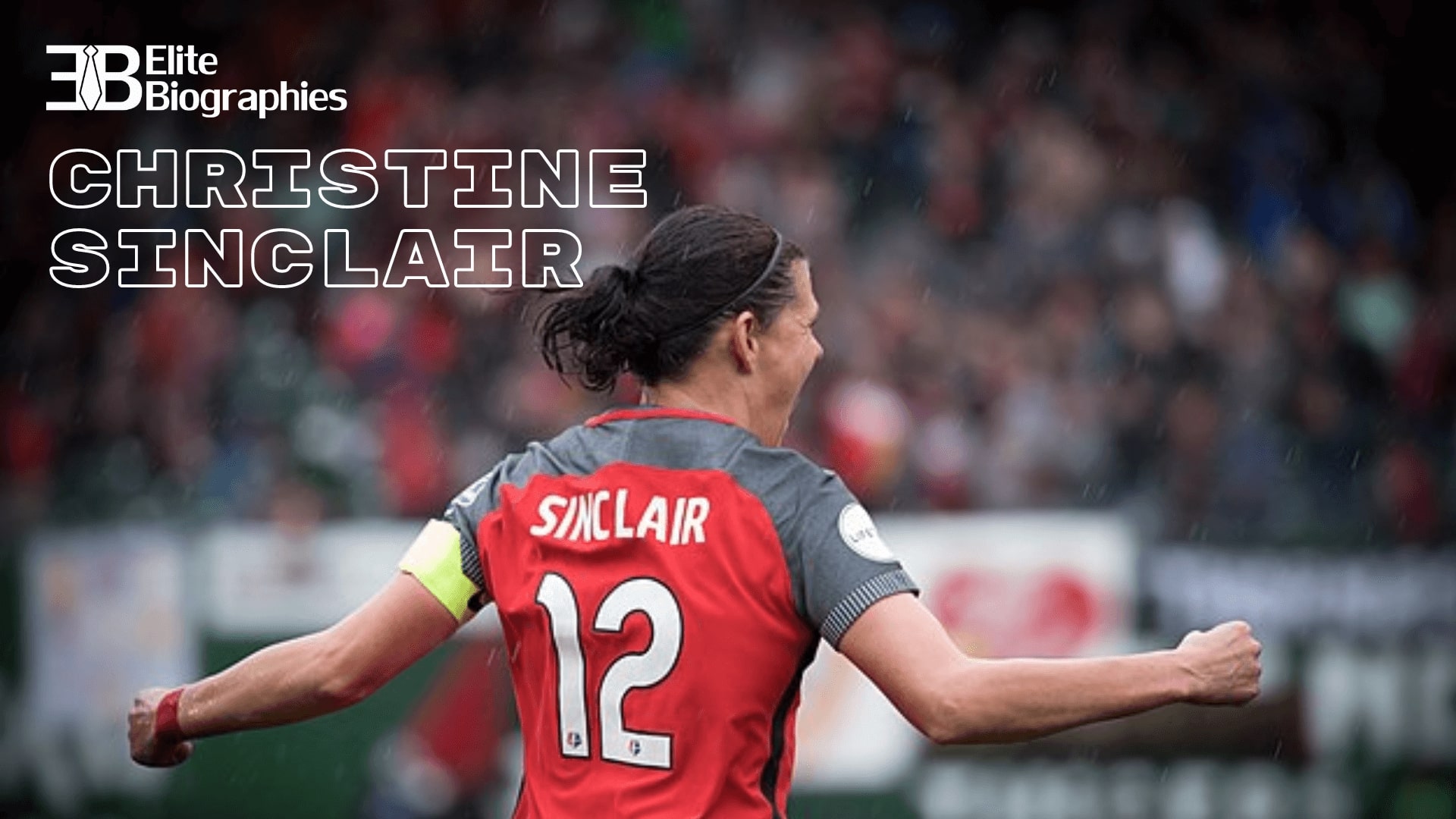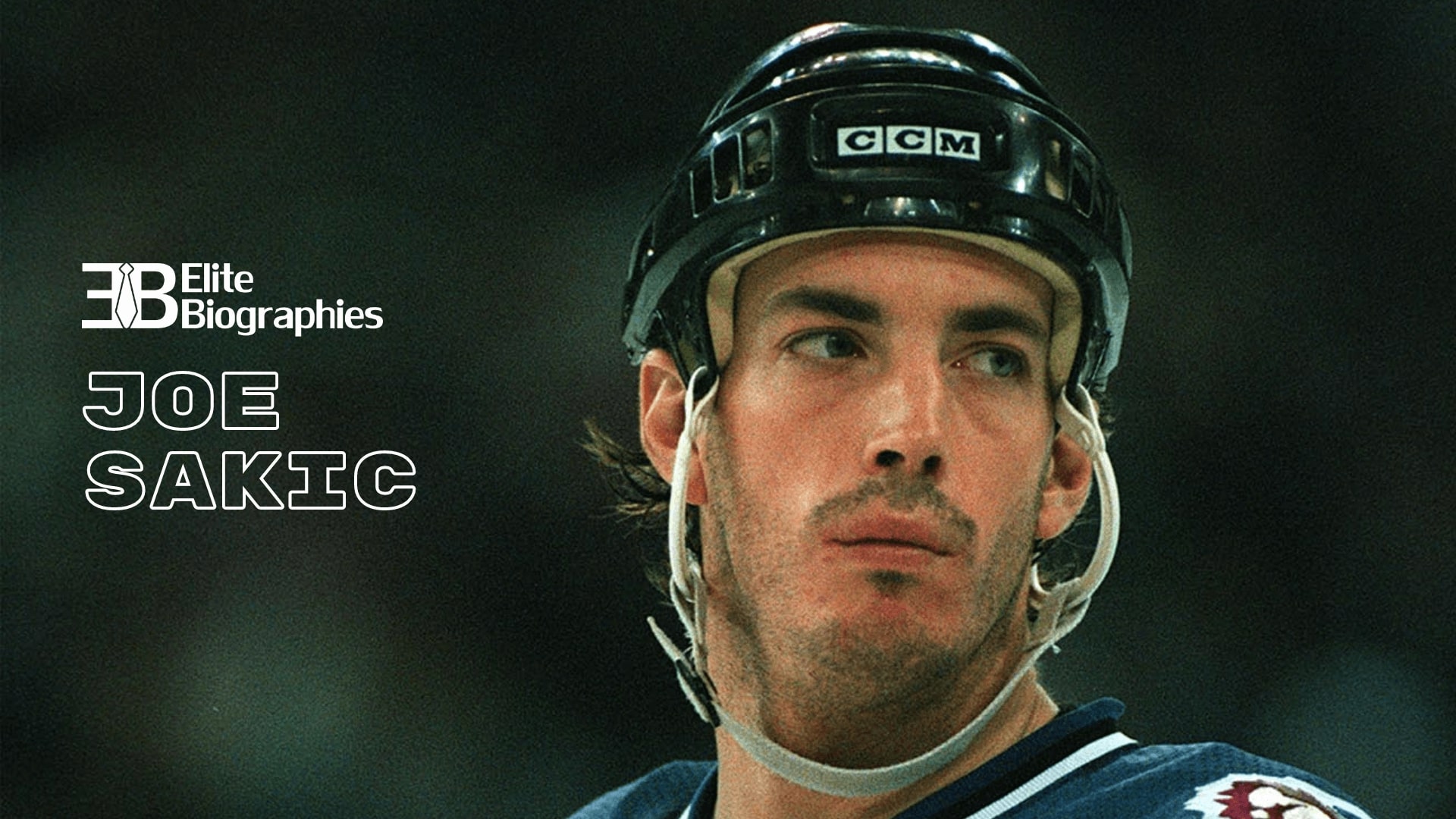Hayley Wickenheiser

Regarded as one of the greatest female hockey players of all time, Hayley Wickenheiser is a Canadian icon whose career in women’s ice hockey has set new standards in the sport. Her journey from a young hockey enthusiast to a celebrated Olympic athlete and respected sports manager encapsulates her passion, skill, and groundbreaking achievements.
Early life
Born on August 12, 1978, in Shaunavon, Saskatchewan, Canada, Hayley Wickenheiser developed a passion for hockey at a very young age. Wickenheiser’s journey in ice hockey began at the age of five on the outdoor rinks of her hometown. Until she was 13, she exclusively played with boys’ teams. After relocating to Calgary, Alberta, with her family, she continued her minor hockey career.
A significant milestone came in 1991 when Wickenheiser represented Alberta in the under-18 Canada Winter Games. Her standout performance led Alberta to a gold medal victory, where she not only scored the decisive goal in the final but also earned the title of Most Valuable Player for that game.
Her early exposure to competitive hockey laid a strong foundation for her future in the sport. Wickenheiser’s family, particularly her parents Tom and Marilyn, played a crucial role in nurturing her talent, providing the support needed to pursue her dreams in a male-dominated sport.
Career
Hayley Wickenheiser’s career is a chronicle of milestones and unprecedented successes. She first gained national attention at the age of 15 when she was named to the Canadian Women’s National Team. In 1994, she made her World Championship debut, an event that marked the beginning of her illustrious career on the international stage.
Hayley Wickenheiser achieved remarkable success in international competitions. She first joined Canada’s National Women’s Team in 1994 at just 15 and played until her retirement in 2017. Her international debut was at the 1994 World Championship in Lake Placid, New York, where she earned her first international point with an assist, contributing to Canada’s gold medal victory. Wickenheiser continued her success with another gold at the 1997 World Championship, where she was first named to the tournament All-Star team, an honor she would receive four times in total (1997, 1999, 2000, 2005). The 1999 championship was particularly notable as she was named the tournament MVP. Over her career, she collected seven World Championship gold medals and three silvers.
Wickenheiser was part of Team Canada during the 1998 Winter Olympics, the inaugural event for women’s hockey as a medal sport. She played 21 games in the pre-Olympic tour, earning a silver medal and an all-star team spot. Her outstanding performance caught the attention of Bobby Clarke, General Manager of Men’s Team Canada, leading to invitations to the Philadelphia Flyers rookie camps in 1998 and 1999.
Her professional career also saw her breaking barriers in men’s hockey. Wickenheiser was the first woman to score a goal in a men’s professional league, during her time with HC Salamat in Finland’s second division.
Throughout the season, Hayley Wickenheiser participated in 23 games, contributing 2 goals and 10 assists. Seeking a different style of play, she moved to a European league, known for its more open and less physical gameplay compared to North American leagues. However, this transition to professional hockey had its challenges. Initially, Wickenheiser planned to play in Italy, but was impeded by the Italian Winter Sports Federation’s ruling against women participating in men’s leagues. Additionally, she declined an offer from Phil Esposito to join the Cincinnati Cyclones in the ECHL.
Wickenheiser’s breakthrough came when Finland’s Hockey Federation unanimously agreed to allow women to play in men’s leagues. This decision paved the way for her debut with HC Salamat in the Suomi-sarja, Finland’s third-tier hockey league, on January 10, 2003. Her tenure with Salamat continued briefly into 2004, during which the team was promoted to Mestis, the second-tier professional league in Finland. However, Wickenheiser found that this level of competition was not the best fit for her and departed the team after playing ten games.
In the 2002 Winter Olympics in Salt Lake City, Utah, Wickenheiser was a key player for Canada, scoring 36 points in 26 pre-Olympic games. Canada clinched the gold, defeating Team USA, with Wickenheiser being named Tournament MVP and top scorer. The 2006 Winter Olympics saw Canada defending its gold medal against Sweden. Wickenheiser shone again, earning the titles of tournament MVP, Top Forward, and a spot on the all-star team, leading with five goals and 17 points in five games.
Throughout her career, Wickenheiser demonstrated exceptional leadership and skill, culminating in her captaining Team Canada to another gold medal in the 2010 Winter Olympics, further solidifying her legacy in the world of women’s hockey.
Beyond her playing career, Wickenheiser has also made significant contributions as a sports executive and mentor. She retired in 2017 and later joined the Toronto Maple Leafs of the NHL as Assistant Director of Player Development, bringing her vast experience and insights to the management side of the sport.

Net Worth
Hayley Wickenheiser’s net worth is estimated to be in the range of $1.3 million. This figure is accumulated from her career earnings as a professional athlete, endorsements, and her roles in sports management post-retirement.
Achievement
Hayley Wickenheiser’s list of achievements is extensive, including:
Her achievements extend beyond the rink, as she has been a vocal advocate for women in sports and an inspiration for young athletes, especially girls, worldwide. Her dedication to the development of women’s hockey has had a lasting impact on the sport.
Related Bios

Molly Fletcher
Once dubbed “the female Jerry Maguire” by CNN and ESPN, Molly Fletcher made a name for herself as a sports agent, ...
Read More
Chris Pronger
Chris Pronger is a former professional ice hockey player and Hall of Famer known for his exceptional skills and achievem...
Read More
Christine Sinclair
Christine Sinclair is a renowned Canadian soccer player, celebrated for her exceptional skill and leadership on the fiel...
Read More
SOCIAL PROFILE
Hayley Wickenheiser is active on social media, using platforms like Twitter and Instagram to engage with fans, promote hockey, and discuss issues related to sports and women's empowerment.